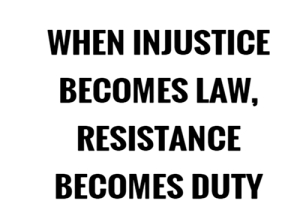
PTLB has been managing online education in India from K12 to lifelong learning since 2007. It launched many education and skills development initiatives from time to time since 2007. From virtual schools to to virtual campuses, PTLB launched many world class online learning and skills development portals.
PTLB Schools launched the PTLB Virtual School and Streami Virtual School in the year 2019. Streami Virtual School was specifically designed to develop contemporary and futuristic techno legal skills among children. These include fields like cyber law, cyber security, cyber forensics, e-discovery, cloud computing, artificial intelligence (AI), machine learning, quantum computing, coding, etc.
That made Streami Virtual School the first Virtual school of India and the first Virtual School of the world that is imparting online techno legal skills development to global children. Recognition of Streami Virtual School is pending at the central govt (BJP) and Delhi govt (AAP) levels since March 2021.
The Virtual School models of PTLB became so popular that both BJP and AAP copied the same and used them to open their own virtual schools in August 2021 and August 2022 respectively.
We are currently in the process of upgrading the websites of PTLB Virtual Schools and Streami Virtual School and would activate the same once they are ready. However, considering the fact that central and state govt(s) are very quick to copy and use our models and ideas and label them as their own, we have to be very cautious. Till all things are sorted out, it would be prudent to not discuss and disclose anything to parties like BJP and AAP.










You must be logged in to post a comment.